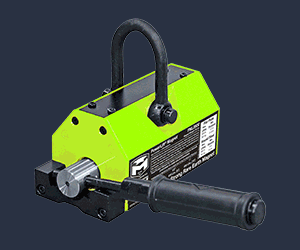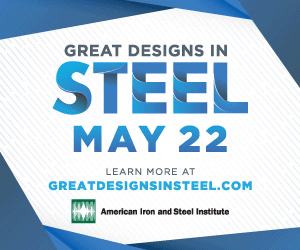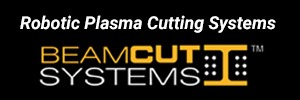Don’t Hurt Yourself
Phil La Duke of ERM explains why this nice sentiment to express concern doesn’t work as the flawed philosophy behind Behavior Based Safety, a wrong-headed and ironically dangerous safety system.
Posted: March 20, 2013
Whether intentional or not, “don’t hurt yourself” implies that the individual lacks common sense and would hurt themselves except for being told not to – a saying rooted in arrogance and ignorance. After all, many injuries occur either because something we thought to be true wasn’t, or vice versa. In other cases, assumptions made relative to the situation were equally false.
While being told not to hurt oneself is really an attempt to express concern rather than prevent an injury, a nice sentiment from someone who means well, the statement indicates a flawed attitude about the nature of injuries that makes so many BBS systems potentially dangerous.
These systems adhere to this principle: if people can just be more careful and watch what they are doing, the workplace will become safer. But a systemic emphasis of holding people accountable for their own injuries ironically creates an atmosphere where individuals fear the organizational consequences of an injury far more than the physical consequences.
At one end of the spectrum people are terrified of being fired if they report an injury. At the other end people don’t report injuries because it will spoil the shop safety record and cost their coworkers some kind of reward. One can, of course, modify the things for which the shop provides incentives, but unless the organization abandons the underlying mindset endemic in “don’t hurt yourself,” the system will ultimately result in skewed data and a false sense of security.
Though the number of injuries appears to fall and infer that the workplace is safer in these environments, the absence of injuries does not denote the presence of safety. Risks are never detected that might otherwise have been easy to mitigate had near-misses and minor injuries been reported, contained, investigated and corrected. As these hazards interact with other unknown risk conditions, the risk threshold is ultimately raised to the degree a fatality is all but certain.
The bottom line here is that these types of safety systems put the onus for being safe on the worker and warn about culpability for the injury: “If you get hurt you have no one but yourself to blame.” In most cases, this is simply not true. No shop can excuse itself for worker injuries by saying, “they were told to be careful; it’s their own fault.”
What about your shop? Take a hard look. Do you have safety posters and slogans plastered all around that preach safety in vague, esoteric terms? Do you tug on the heart strings by using posters made by the employees’ children? All of these things are just different ways of telling people not to hurt themselves. Reminding me not to do something I didn’t intend to do is Catch-22 thinking; it makes me feel better at the same time it does more harm than good.
Of course there are also really good and important warnings to provide to your workers: “Remember we are running 35 non-standard units today and anytime we introduce this sort of variation into our system we increase our risk of failure modes, so double-check your work and the work of others.”
Reminding me of risk conditions (“It snowed last night so watch for water on the floor”) is helpful because instead of merely telling me to be careful you are also warning of nonstandard conditions that are more inclined to hurt me. This proactive thinking is the foundation of a good safety system.
So think long and hard about telling someone not to hurt themselves. And remember, don’t hurt yourself.










